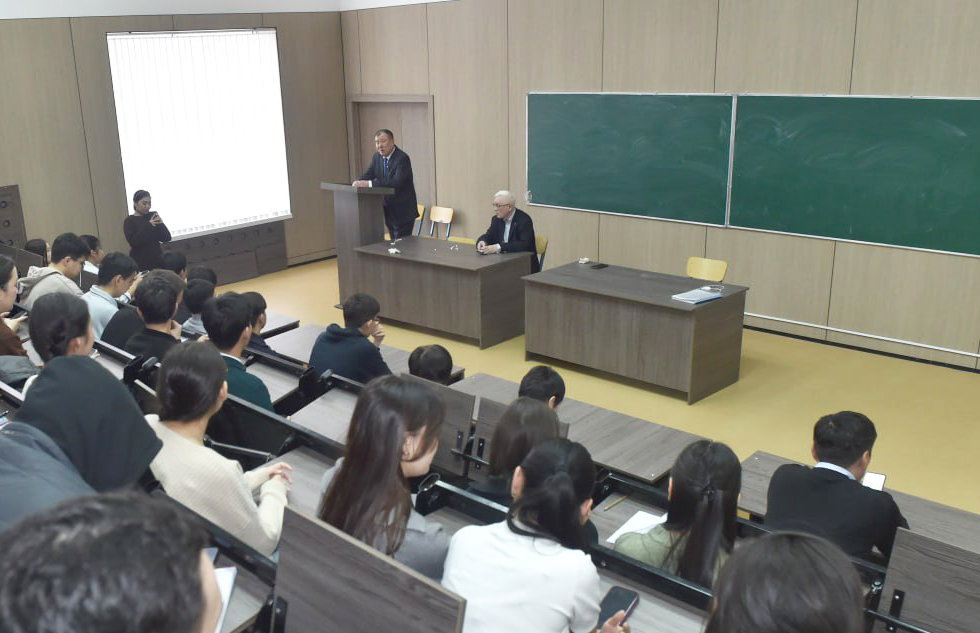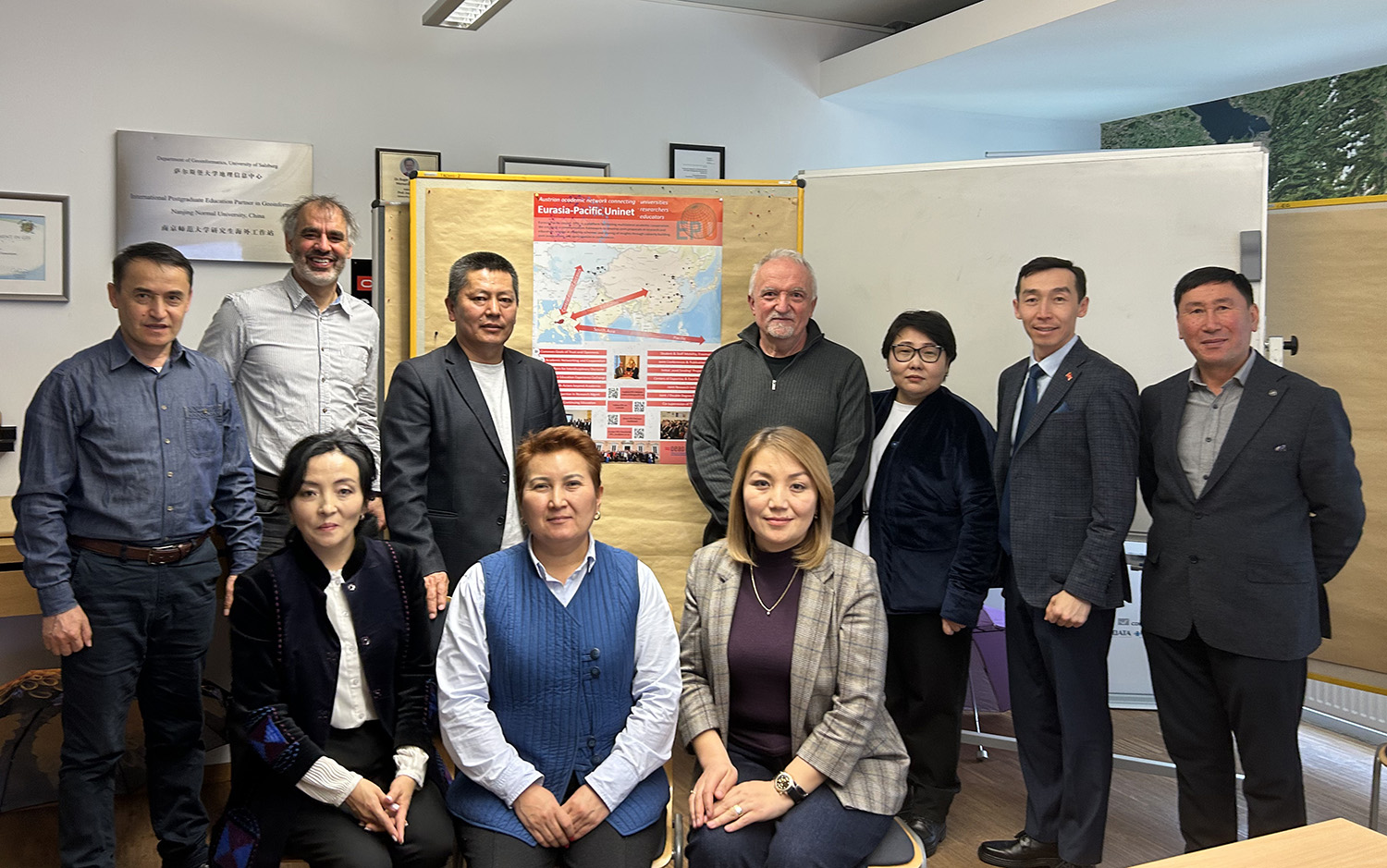
Winter Scientific School "Human Rights in the modern world".
On March 7, 2024, the final lesson was held. The moderator of the event is Doctor of Law, Professor A.S. Ibraуeva.
Speaker – Kasymzhanova A.A. - PhD in Law, Senior lecturer at L. Gumilyov Eurasian National University (Astana).
The topic of the lecture is "The institute of inheritance and its importance for the development of civil society." The features of the institute of inheritance, types of heirs, the procedure for accepting inheritance, the institute of inheritance in different countries were considered
Inheritance law in Kazakhstan.
Inheritance is the transfer after the death of a citizen of property belonging to him on the right of personal ownership, as well as property and some personal non–property rights and obligations to one or more persons.
The testator is a person after whose death hereditary succession is carried out. The testator may be any citizen of the Republic of Kazakhstan, including incapacitated or limited legal capacity and foreign citizens residing in the territory of the Republic of Kazakhstan.
The heirs are the persons specified in the law or in the will, the legal successors of the testator. The possibility of becoming an heir does not depend on the state of a person's legal capacity and citizenship. There is inheritance by law and by will. You can write a will from the age of eighteen. Persons recognized as legally incompetent cannot make a will.
Inheritance law in Germany
In Germany, as in Kazakhstan, both finances and uncovered debts are inherited. Inheritance is distributed by will or by law.
You can write a will from the age of sixteen. When making a will, a person can specify any heirs. At the same time, offended heirs, whose names were excluded from the list, can make a claim to the property and receive 50% of the inheritance that they are entitled to by law.
Inheritance law in Japan
In Japan, property can be bequeathed from the age of fifteen, regardless of legal capacity. The first in line are the children, and the spouse is outside the system. In the absence of a will, the property is distributed among relatives according to the law. The children of the testator should be the first to inherit in Japan. The second is followed by relatives in a direct ascending line – parents, grandparents. Still others are the testator's brothers and sisters and their children. The spouse of the deceased is not on this list, since according to Japanese law he is always the heir.
In the Republic of Kazakhstan, property is distributed equally among the heirs of the same queue. In Japan, the division of inheritance depends on the spouse of the deceased and on the "place" of the heirs in the queue. If the inheritance, for example, passes to the children, the spouse receives half of the property. And if you go to your parents, it's already two–thirds. Thus, the share of the husband's or wife's inheritance increases towards the end of the list.
Inheritance law in the USA
An important feature: in the American system, there is a judicial body for probate and inheritance cases, which distributes property among heirs. The inheritance is managed by the administrator. After the death of the testator, the property is first transferred not to the heirs, but to a personal representative. This specialist must dispose of it competently – pay off the debts of the deceased and, after all financial transactions, transfer the remainder of the inheritance to relatives, if there is anything left of the property, of course. A representative is appointed in the will, in which case he is called the executor, or in court, in which case he is the administrator.
Each state has its own laws
The main and priority form of property distribution is by will. Unlike other countries, each state of America has its own laws, which means that the right of inheritance also has its own specifics. In Georgia, for example, it is allowed to write a will from the age of fourteen, in other states – from eighteen. In some places, the oral form of the will is allowed in the presence of witnesses.
Summing up the results of the winter scientific school, Doctor of Law, Professor Ibraeva A.S. thanked the audience, teachers and organizers. Such winter scientific schools raise the level of legal knowledge and legal culture in general.
The Winter Scientific School is organized for students of law specialties from foreign universities.
The organizer is the Department of Theory and History of State and Law, Constitutional and Administrative Law of Al-Farabi Kazakh National University.



